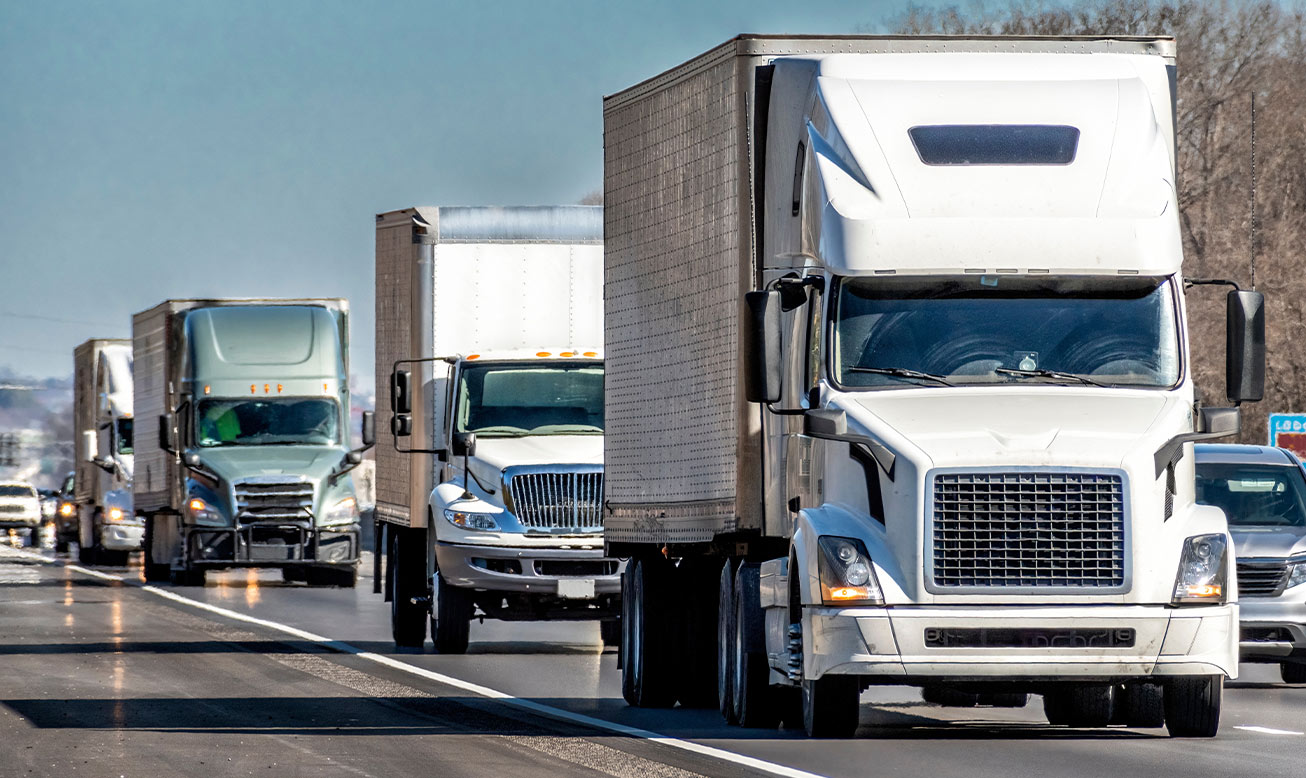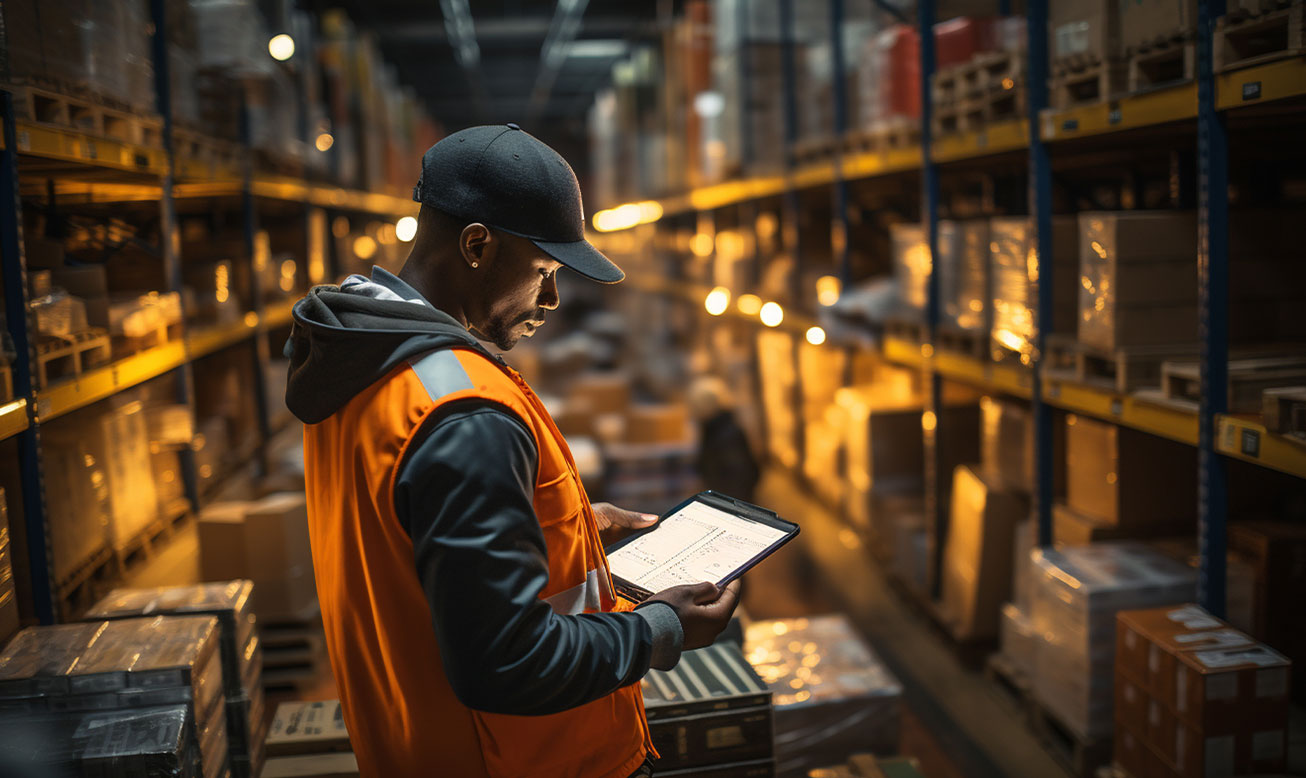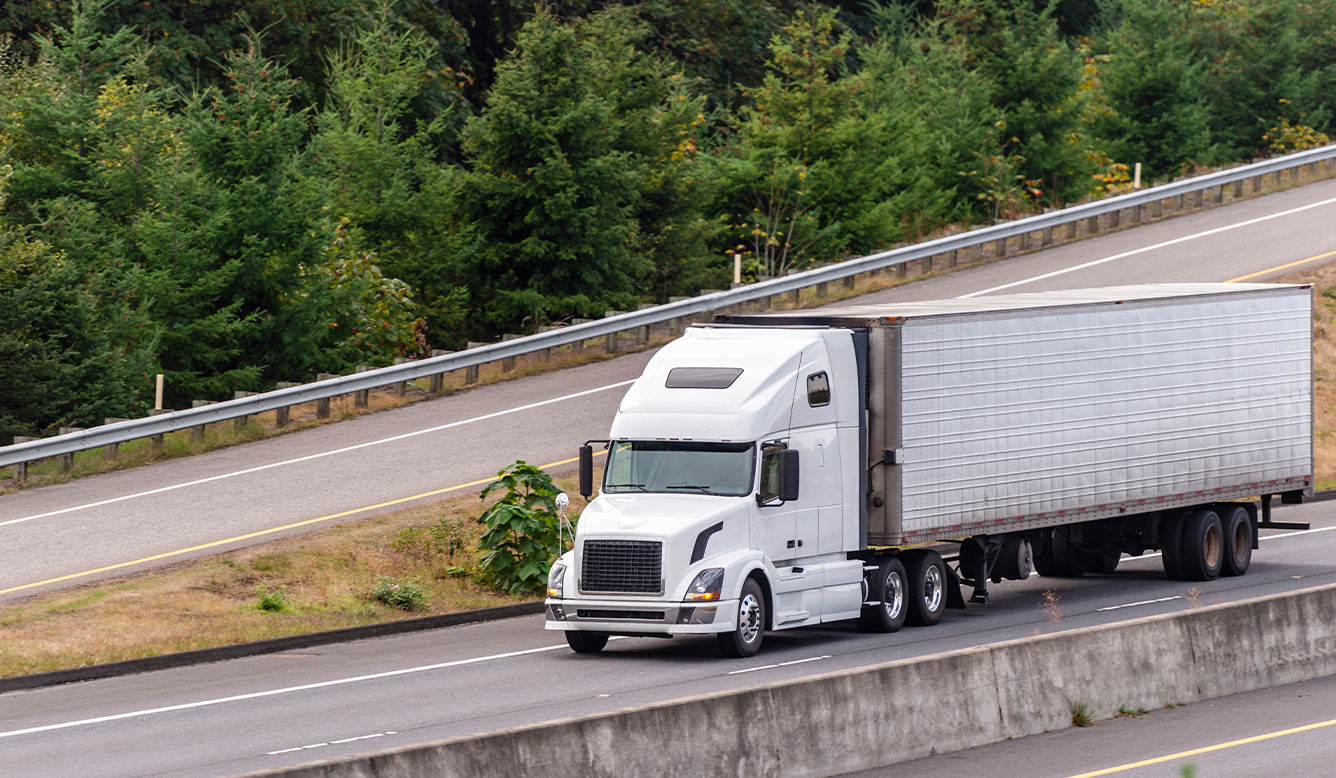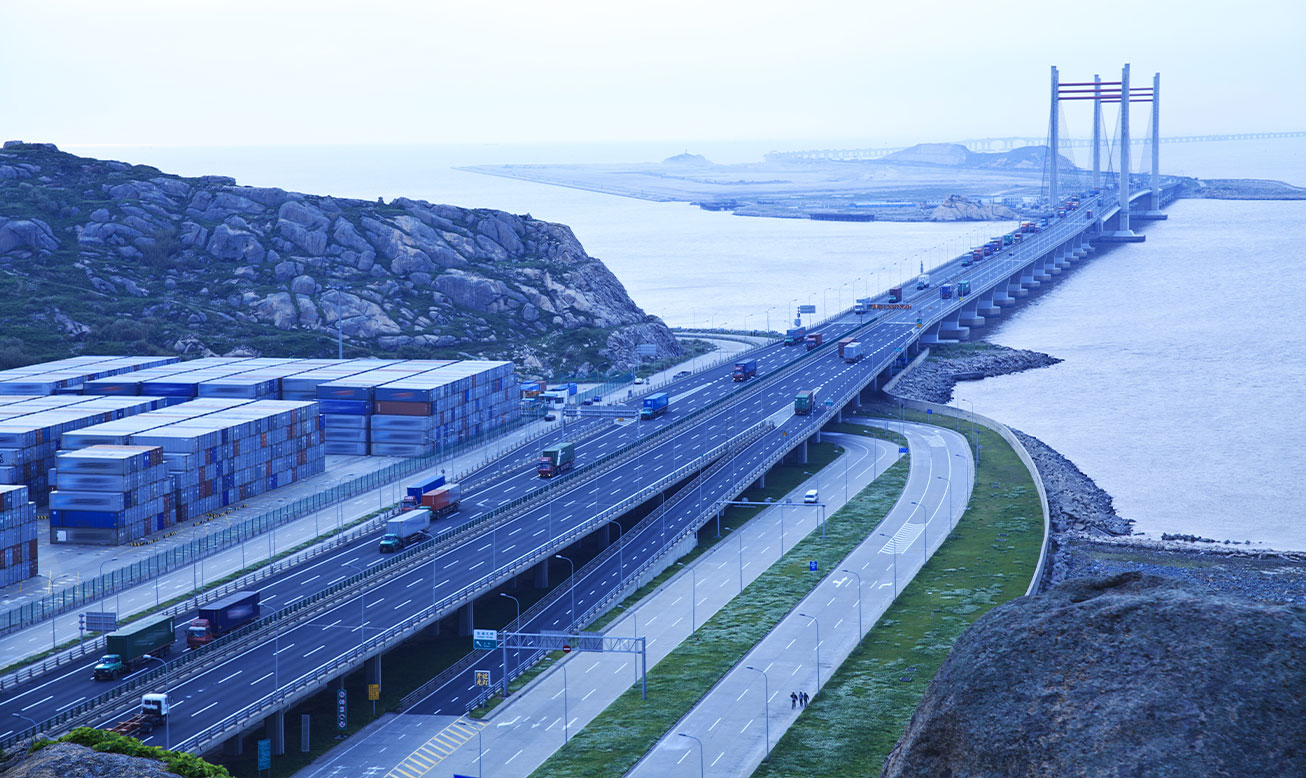Exploring Logistics Powerhouses:
Minneapolis/St. Paul, Minnesota
Minneapolis/St. Paul, Minnesota
We can only discuss one with the other, particularly in reference to their economic and historical relevance. The metropolitan area of Minneapolis/St. Paul, commonly known as the Twin Cities, has a population of over 3 million residents. While Minneapolis is larger than St. Paul, the latter is the capital city of Minnesota. The state is famous for having 10,000 lakes, Minneapolis/St. Paul boasts more than 20 of them.
Why Minneapolis/St. Paul is Integral to Domestic Logistics
Why Minneapolis/St. Paul is Integral to Domestic Logistics
Prime Geographical Location
This region is an indispensable freight hub for the Midwest. It expertly handles a massive volume of freight shipping to and from the area with the help of several top-notch carriers. Due to its central location in the United States, Minneapolis/St. Paul freight shipping is vital to the state’s annual income. Freight logistics companies are always looking for innovative ways to move products quickly and safely across state lines or international borders.
The Twin Cities also serve as a gateway port between Canada and the U.S., mainly because of its proximity to Lake Superior. This enables freight shippers to access the markets of both countries while avoiding exorbitant tariffs or delays at border crossings. Additionally, Minneapolis/St. Paul is home to several large warehouses that provide ample storage space for incoming shipments before they are distributed throughout North America. These facilities make it a breeze for businesses in the area to receive merchandise without the hassle of waiting for extended periods for deliveries from overseas suppliers.
Infrastructure Marvels
Minnesota’s Twin Cities region is a bustling hub of commerce and transportation, connected by I-35, I-90, and I-94 highways. The 276-mile I-90 highway is a major transcontinental thoroughfare spanning 13 states and is heavily traveled for east-to-west cargo transport. Four Class I major railroads cover over 3,500 miles of track in Minnesota, providing efficient and reliable transportation services.
In addition, the Port of Minneapolis, a major inland port, provides convenient access to the Mississippi and Minnesota rivers for cargo transport and has a diverse manufacturing community producing high-quality goods. The region’s two main airports, including Minneapolis-Saint Paul International Airport (MSP), located within a 10-mile radius of both downtowns, are critical for the region’s cargo transport and contribute a staggering $15.9 billion annually to the Twin Cities economy.
Logistics Data Insights
Over a million tons of freight flow through Minneapolis each year, underpinning a robust national freight system. Truck deliveries emerge as the lifeline of this logistical ecosystem, catering to the diverse needs of businesses across various industries. The city’s strategic location and well-connected transportation network make it an ideal gateway for goods entering and exiting the region, fueling economic growth and prosperity.
Unique Features of Minneapolis/St. Paul
Unique Features of Minneapolis/St. Paul
Logistics Innovations
The region has long been at the forefront of logistics innovation, pioneering new technologies and strategies to optimize supply chain efficiency. From advanced tracking systems to predictive analytics, the cities’ logistics sector leverages cutting-edge tools to streamline operations and drive competitiveness. Leading trucking companies in Minneapolis/St. Paul to embrace innovation and stay ahead in an ever-evolving industry, offering tailored solutions to meet the dynamic needs of their clients.
Business-Friendly Environment
Minneapolis and St. Paul are home to many Fortune 500 companies, which play a significant role in the local economy. Notably, the city of Minneapolis is known for its supportive environment for businesses, which encourages entrepreneurship and growth. Its well-established infrastructure and regulatory framework make it an attractive destination for logistics companies looking to expand their operations.
The Twin Cities region boasts a highly educated population and world-class healthcare facilities. It is an ideal location for industrial-based companies that require skilled and hard-working labor. The demand for such labor has been consistently high over the past decade and has spiked in the last three years. As a result, developers and institutions took notice and developed 9.9 million sq. ft. of new industrial space in that span.
Cultural Richness
Along with St. Paul, Minneapolis is celebrated for its logistical prowess, rich heritage, and vibrant cultural offerings that make it one of the most sought-after destinations in the world. The Twin Cities is an incredibly diverse region hosting exciting pro sports, award-winning theater, renowned restaurants, and a booming craft beer scene. You can explore the stunning beauty of dozens of trails, parks, and waterways, including the famous Chain of Lakes and the majestic Mississippi River.
Shopping lovers can indulge in local boutiques or the nation’s largest mall, Mall of America, which charges no tax on clothing or shoes. Additionally, the region hosts hundreds of annual events, ranging from small-town celebrations to one of the largest state fairs in the country, making it the perfect destination for visitors seeking exceptional experiences.
Prospects and Future Growth
Looking ahead, the logistics industry in Minneapolis has a promising future. The city is investing in infrastructure, technology, and workforce development, which will help it maintain its position as a leading logistics hub in the United States. The emergence of innovative logistics companies in Minneapolis/St. Paul and the cities’ unwavering commitment to excellence set the stage for sustained growth and prosperity in the years to come.
What’s more, the warehouse labor force in Minneapolis/St. Paul is expected to grow by 1.3% over the next ten years. The Twin Cities metro area has one of the largest concentrations of millennials in the country. This demographic creates significant demand for online and last-mile retailers, wholesalers, and third-party logistics companies. As a result, the area has record-low vacancy rates, leading to new developments and redevelopments of older manufacturing locations.
Minneapolis/St. Paul, Minnesota, stands as a shining example of a region that seamlessly blends logistical excellence with cultural vibrancy and economic vitality. As businesses and industries continue to evolve and expand, the Twin Cities remain steadfast in their commitment to driving innovation, enabling growth, and shaping the future of logistics in the United States. No matter the size or type of cargo, we get the job done right every time. At Last Mile Logistics, we have over 150 years of combined experience in supply chain solutions. With our extended network of freight partners, we are the ideal carrier.
What services do we provide in this area?
What services do we provide in this area?
At Last Mile Logistics, we deliver a wide range of freight services that will help your business to grow. From expedited shipping to white glove services, we will be your logistics partners along the road.
Superior results through technology
One the greatest challenges today is sourcing capacity that fluctuates with demand in the marketplace. As an intermediary, we carefully consider the qualifications of the truck equipment operators we contract with to service our shipper clients’ needs.
LAST MILE LOGISTICS logisticians rely on their experience and use of proprietary technology to manage and move every shipment. And because shipper clients require a practical risk management approach to doing business, LAST MILE LOGISTICS is one of few brokers that has Primary Truck Broker Liability Insurance ($2 Million policy).
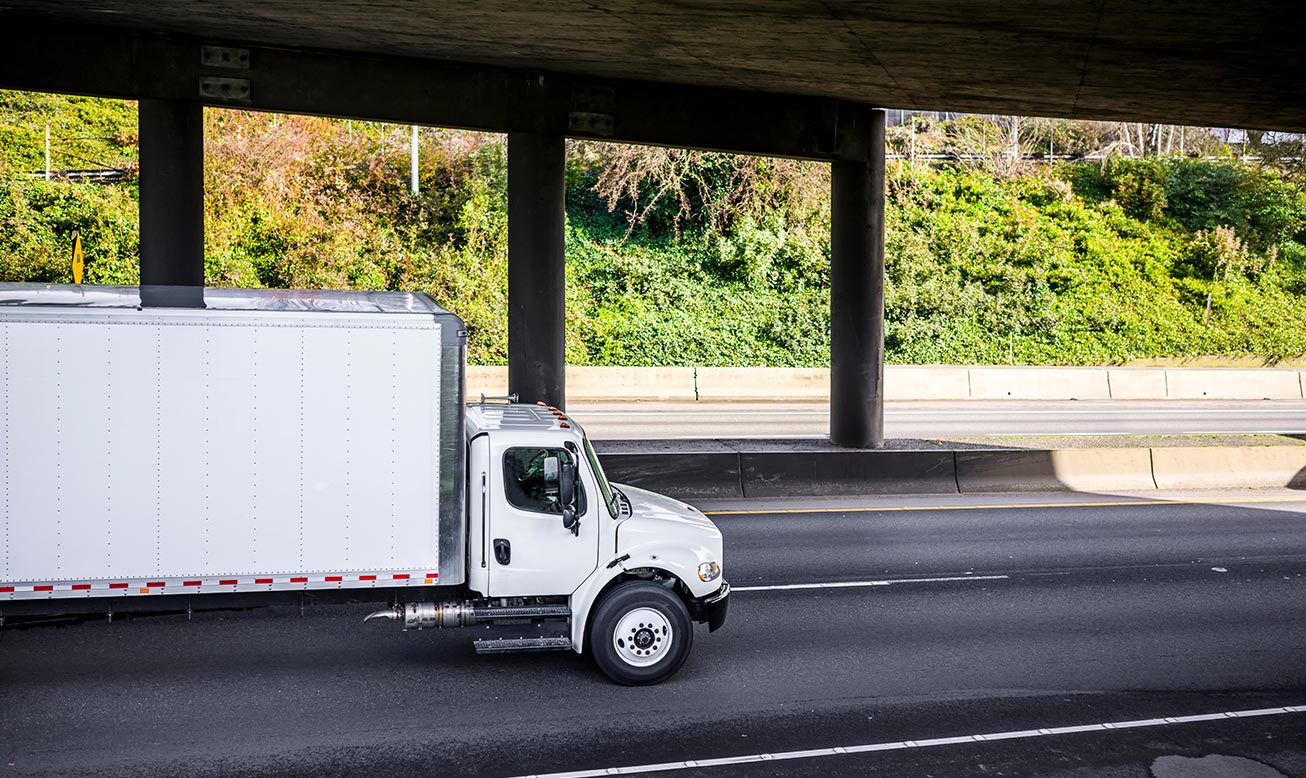
Find your next shipping partner, watch to learn how Last Mile Logistics can improve your business shipping logistics
Find your next shipping partner, watch to learn how Last Mile Logistics can improve your business shipping logistics
Affiliations & memberships
Affiliations & memberships
We maintain strategic partnerships with like-minded organizations that help improve safety, efficiency, and value for the customer.
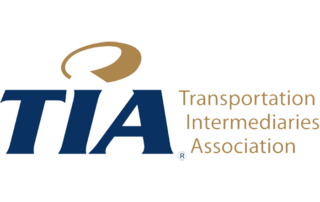
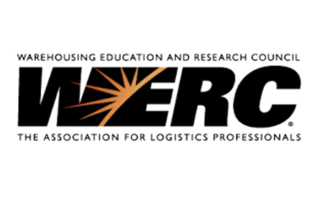

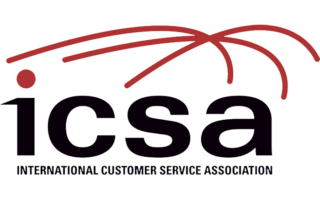
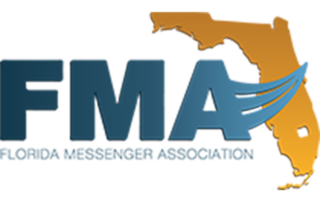
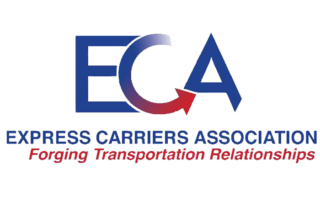
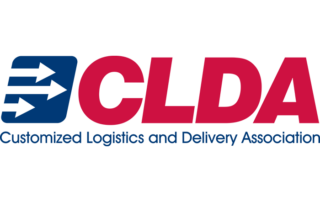

Latest articles
How Technology Can Create Perfect Partner Matches for Every Shipment
At Last Mile Logistics, we combine cutting-edge technology with our unwavering commitment to communication, consistency, and security.
How to Protect Your Business From B2B Delivery Theft
With tech-enabled solutions like electronic proof of delivery devices and preventive measures, businesses can significantly reduce the risk of theft.
Non-Asset Based Carrier Market Disruption: The Future of Agile Logistics
The future of logistics is not owned; it is managed. Agility matters more than assets. Non-asset-based carriers are redefining what it means to deliver.
Looking for a shipping partner?

